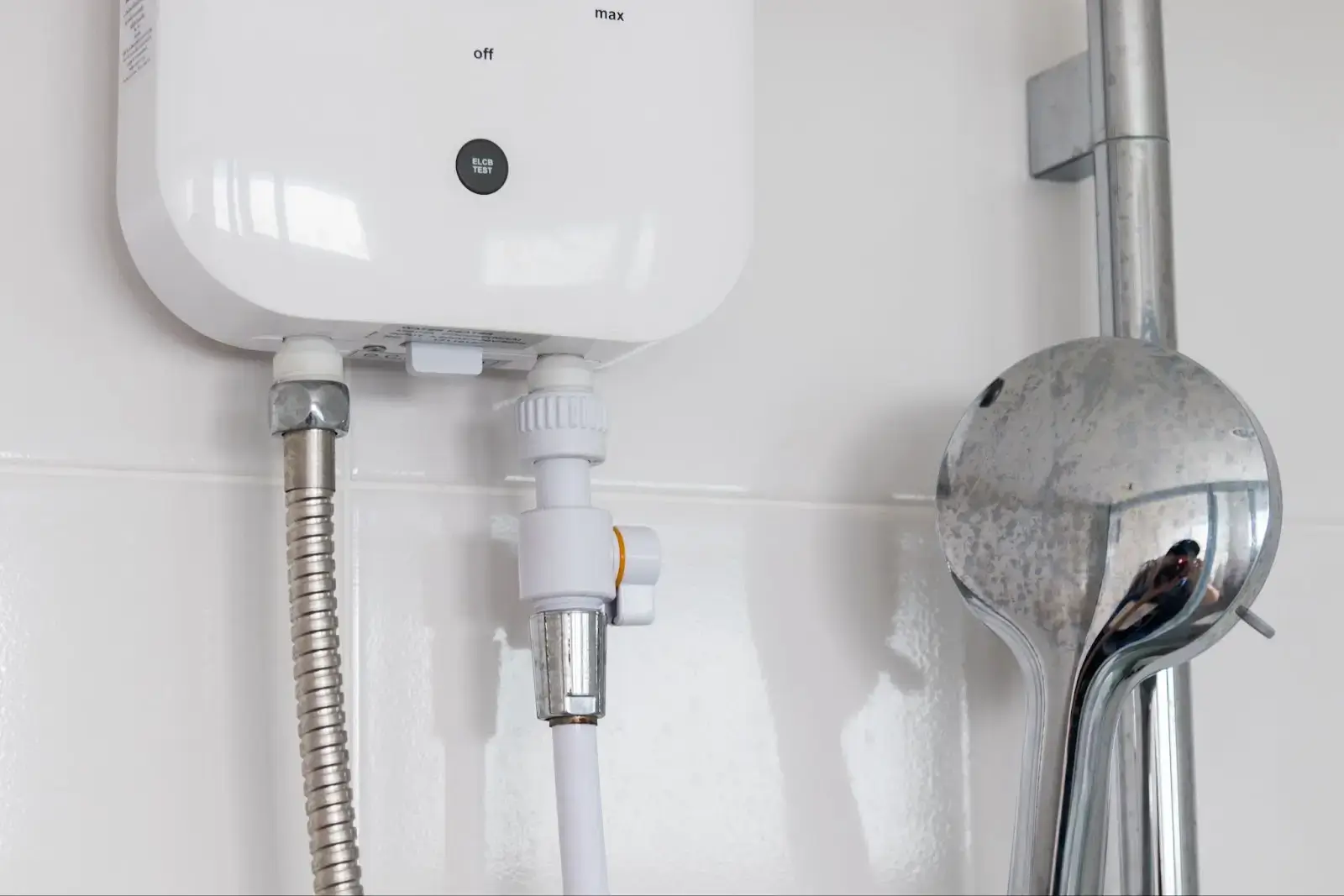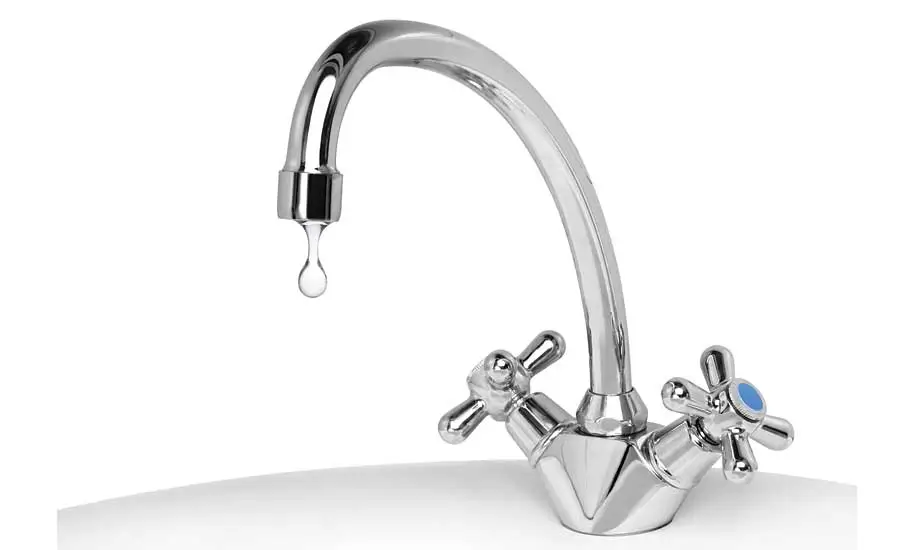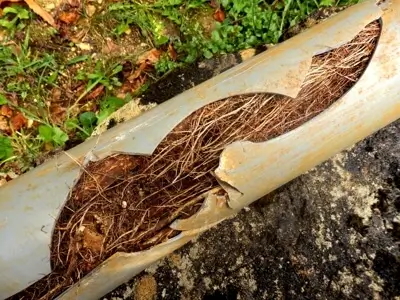Winter is coming and every homeowner in Portland is rushing to prepare their houses for cold weather. For some people, this means configuring their thermostat to the appropriate setting, so their heat pumps maintain a specific temperature throughout the day.
Heat pump problems can deter your heat pump unit from reaching your desired temperature; thus, failing to keep your home warm. Keep reading to learn more about the different issues that could potentially plague your heat pump during the winter season.
Why is my Heat Pump Not Reaching the Right Temperature?
Is your heat pump not keeping up with its demands? There are several reasons why your heat pump could be doing this.
It could be that your heat pump unit is covered in ice or that it can't endure the freezing outdoor temperature. It could also be that your heat pump is struggling to turn on.
Your heat pump not keeping up is an issue you need to resolve ASAP. To do that, you must first find out what's causing the issue.
Here are some of the possibilities:
Reason 1: The Heat Pump Outdoor Unit Is Covered in Ice
It's not uncommon for the heat pump's outdoor unit to develop a layer of ice, especially in extremely cold weather. This is why most modern heat pumps are equipped with a defrost cycle to remove frost and ice when necessary.
If the ice gets too thick, it can prevent the heat pump from functioning properly. As a result, your indoor unit won't be able to produce enough heat to achieve a comfortable temperature for everyone at home.
Leaving the ice on the external unit for too long can lead to larger and irreparable damage. Contact an HVAC technician to look into the issue and provide you with a solution.
Here are a few reasons why thick ice develops on heat pumps:
Blocked Outdoor Unit
Heat pumps can freeze over if piles of snow are left on them for too long. This reduces the airflow inside the heat pump system, causing even more ice buildup.
Avoid using sharp objects to chip away at the ice on your heat pump. Instead, use a hose to spray flowing water on the frozen area, gradually melting the ice.
Outdoor Fan Issues
Heat pump systems have an outdoor unit with a fan that blows air over the coils that contain refrigerants. Refrigerants are essential in the heat transfer process.
If your outside fan is broken, there will be little to no ventilation in your heat pump. This may cause your outdoor unit to freeze over.
Defrost Cycle Errors
During the winter, your heat pump will cycle into air conditioning mode to melt the ice on the exterior unit. The air conditioning mode warms the exterior unit, melting any frost or ice.
The reversing valve switches the heat pump from heating to cooling mode. If the reversing valve fails, the heat pump doesn't start the defrost mode. Thus, ice will keep building up inside the unit.
Low Refrigerant Levels
Low refrigerant levels can affect the heat transfer process in heat pumps. When this happens, the heat pump doesn't produce enough heat to melt away the ice. As a result, the heat pump freezes over.
Get your heat pump serviced by a professional ASAP. These experts know exactly how to replace the refrigerants in your heat pump. Additionally, they can help you get rid of all that pesky ice.
Dirty Outdoor Coils
If your coils are unclean and covered with grease or grime, effective heat transmission will be impossible. When the coils are unable to release, the refrigerant inside gets cold, causing a film of ice to build on the coils.
Your heat pump won't be able to adequately heat or cool—nor will it allow the outdoor heat pump to go on air conditioning mode and defrost. This can worsen the ice formation on the unit.
Reason 2: The Heat Pump System Is Not Turning On
In some cases, heat pumps simply choose not to turn on or they stop running completely. There are several reasons why this could happen. Luckily, there are some heat pump troubleshooting techniques that you can use when you're in a pinch:
Faulty Thermostat
The thermostat is a component that communicates commands to the heat pump. It tells the heat pump when to turn on and off—it also tells the heat pump what temperature to maintain while running.
If there's an issue with the thermostat setting or if the thermostat batteries have run out of power, the thermostat won't be able to communicate properly with the heat pump.
As a result, the heat pump either doesn't reach the appropriate temperature or doesn't turn on at all.
The same can happen if the circuit breaker is tripped or if a fuse is blown.
Power Loss
A heat pump has an indoor unit and an outdoor unit. Each one has a separate power switch. If either of the switches is turned off, it can prevent the heat pump from functioning correctly. The heat pump may not even turn on at all.
Check both switches to confirm that they're turned on. If the problem persists despite both switches being on, it could mean you have a blown fuse or that there's a problem with your power supply.
Dirty Air Filters
Dirty air filters can also cause heat pump problems to arise. When the heat pump air filters are dirty, it means the heat pump system is not getting enough fresh air. This can cause it to overheat and shut down.
Cleaning the air filters on your heat pump is the best way to solve this issue. To do this, take out the air filter and wash it with soapy water. Wipe it down then let it air dry before putting it back into the heat pump.
Faulty Reversing Valve
The heat pump uses a reversing valve to both cool and heat your home. A malfunctioning reversing valve means your heat pump may turn on in cooling mode but not in heating mode or vice versa.
If your heat pump only operates in one mode, it's a tell-tale sign that something is wrong with your reversing valve.
Contact an HVAC professional to help you find the issue and conduct the proper repairs or replacements.
Faulty Starter Capacitor
The start capacitor connects the heat pump to the power supply, providing the heat pump with energy to get its motors running.
To switch the heat pump on, the capacitor produces a burst of energy. If your starting capacitor fails, your heat pump will not operate.
Clicking noises when your heat pump is turned on is a common indicator that your starter capacitor is malfunctioning. Avoid conducting DIY maintenance or repairs on the capacitor, as it holds high charges of electric energy and can electrocute you.
An HVAC professional will know how to better handle the situation.
Reason 3: There’s Too Much Cold Air for the Heat Pump to Keep Up
Too much cool air can overwhelm your heat pump, preventing it from working properly. Make sure to seal air leaks around your home to improve your heat pump's performance. You can do this by adding enough insulation in your basement, attic, and other areas in your home where a draft can form.
Reason 4: Indoor Air Handler Stopped Working Properly
An air handler distributes air within your home together with your heat pump. If your outdoor unit is turned on but there is no air flowing from the vents, it could mean that your air handlers are malfunctioning.
Some reasons your air handler stopped working include:
Damaged Blower Motor
The blower motor moves air in and out of your home. When it fails, the heat pump is unable to move air around your house.
Unfortunately, you can't replace or repair this component yourself. Contact an HVAC professional instead, to help you fix your heat pump problems.
Heat Pump Problems That Require an HVAC Technician
When it comes to fixing heating and cooling equipment, it's always best to entrust the work to a trained professional. They can help you find the best solution for your heating and cooling issues. Whether it's fixing a heat pump that's not heating or an air conditioner that's not cooling.
If you're experiencing trouble with your home heating system, you can rely on an HVAC professional for assistance.
Get Professional Heat Pump Services From Sunset Heating and Cooling
Is your heat pump not blowing hot air as efficiently? If so, we have just the right heat pump services for you.
Here are Sunset Heating and Cooling Electrical, our customer's comfort and safety are our number one priority. Thus, we strive to provide everyone with efficient and effective heating and cooling solutions with the help of our skilled technicians.
Our technicians can conduct any heat pump troubleshooting technique to help you solve common heat pump problems. Whether it's to set your thermostat or clean dirty air filters, we'd be more than happy to help you out.







